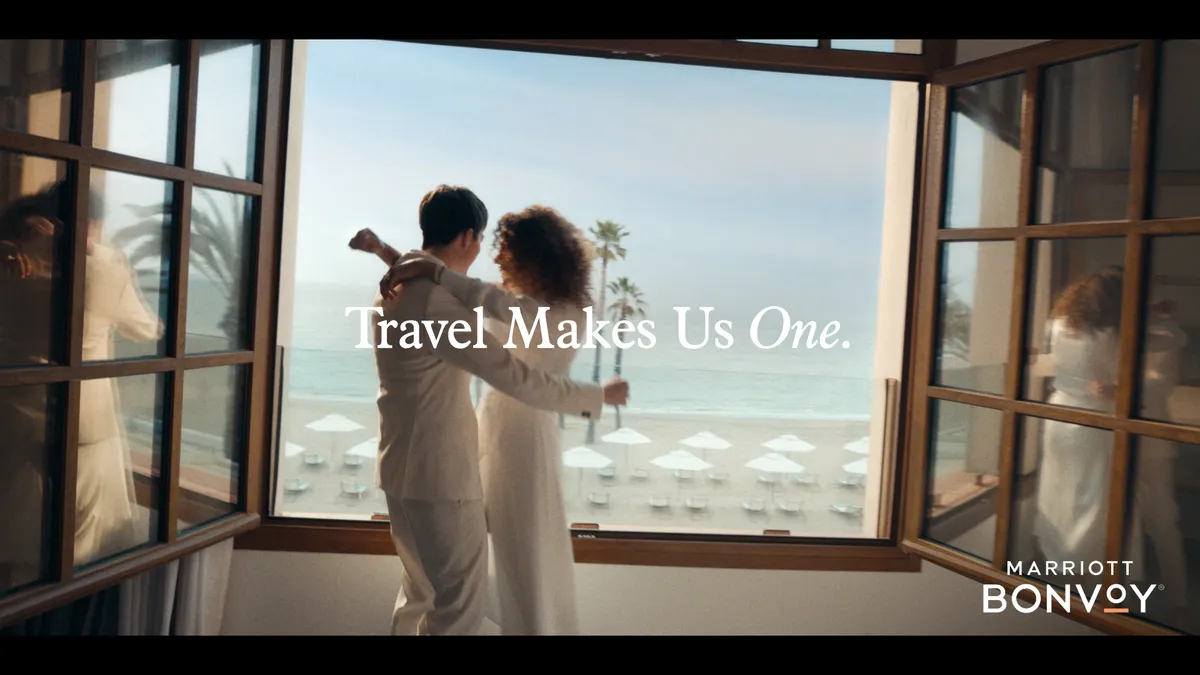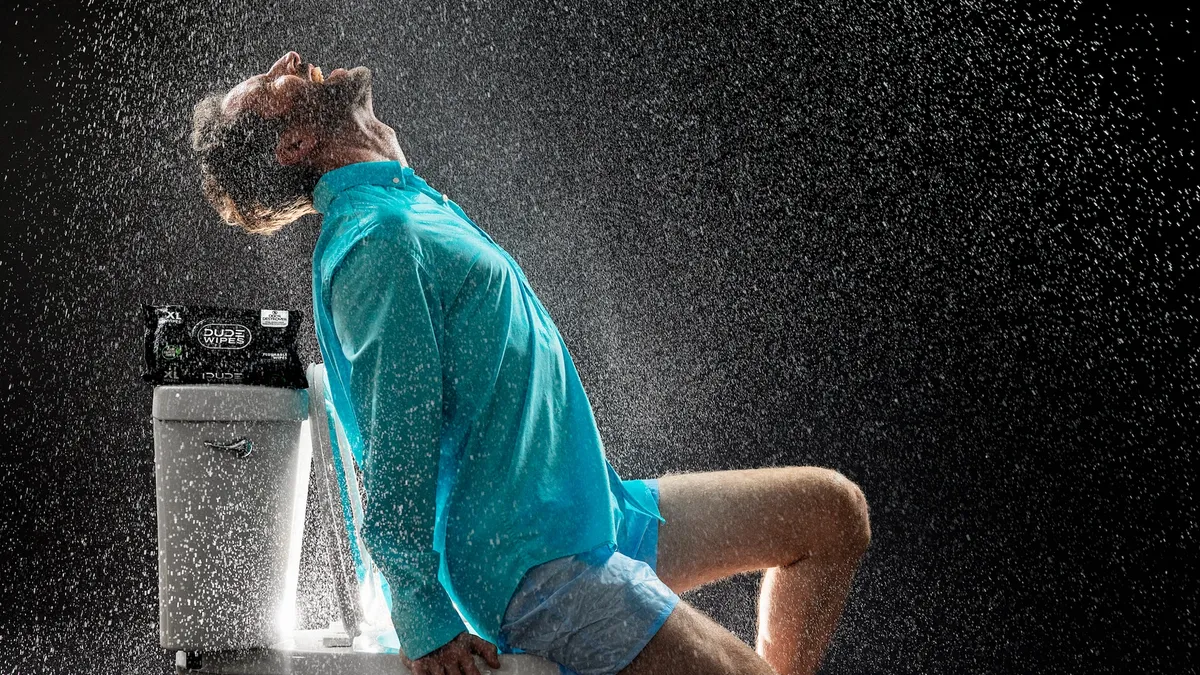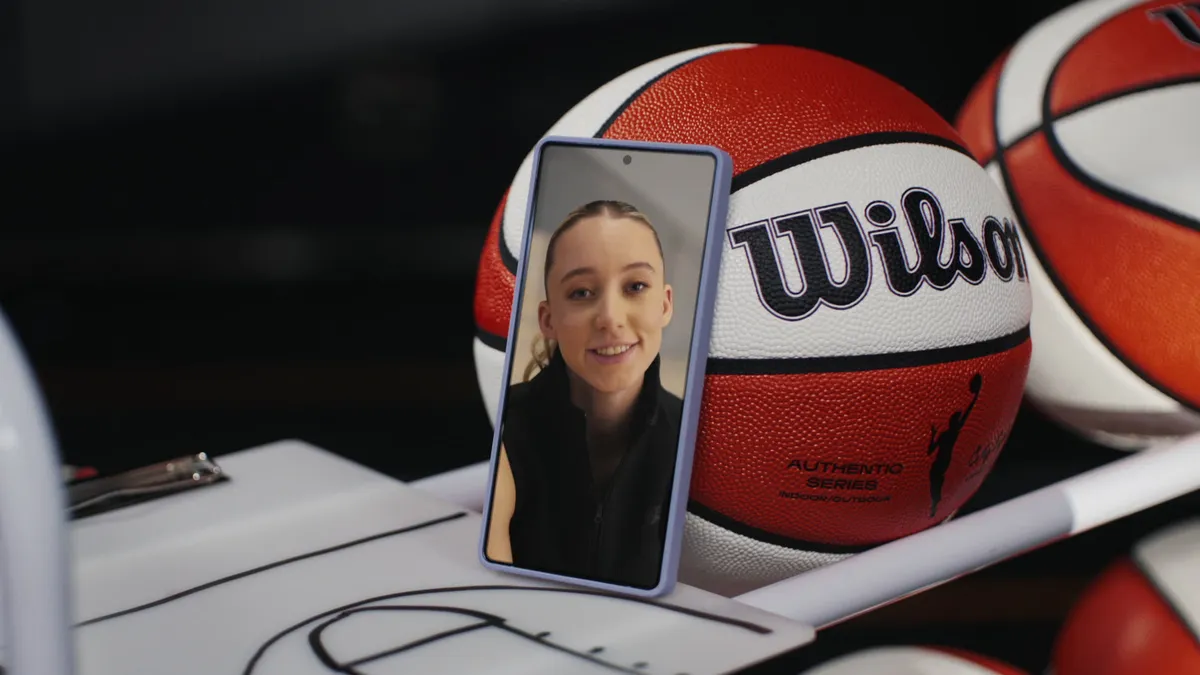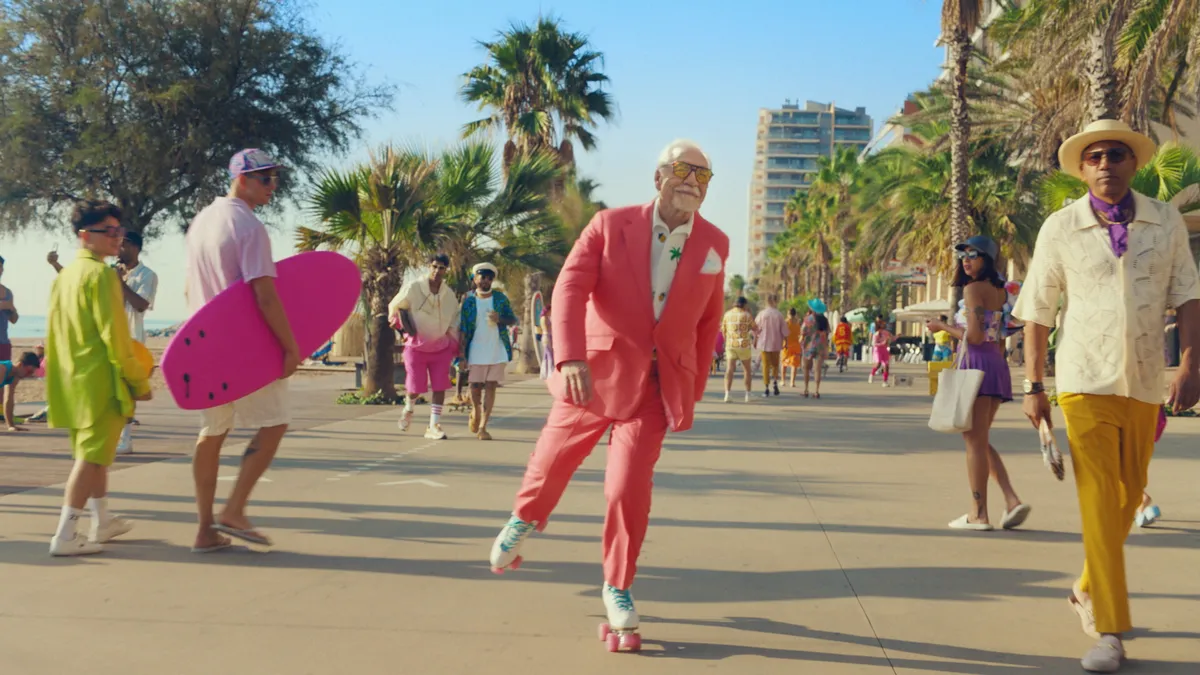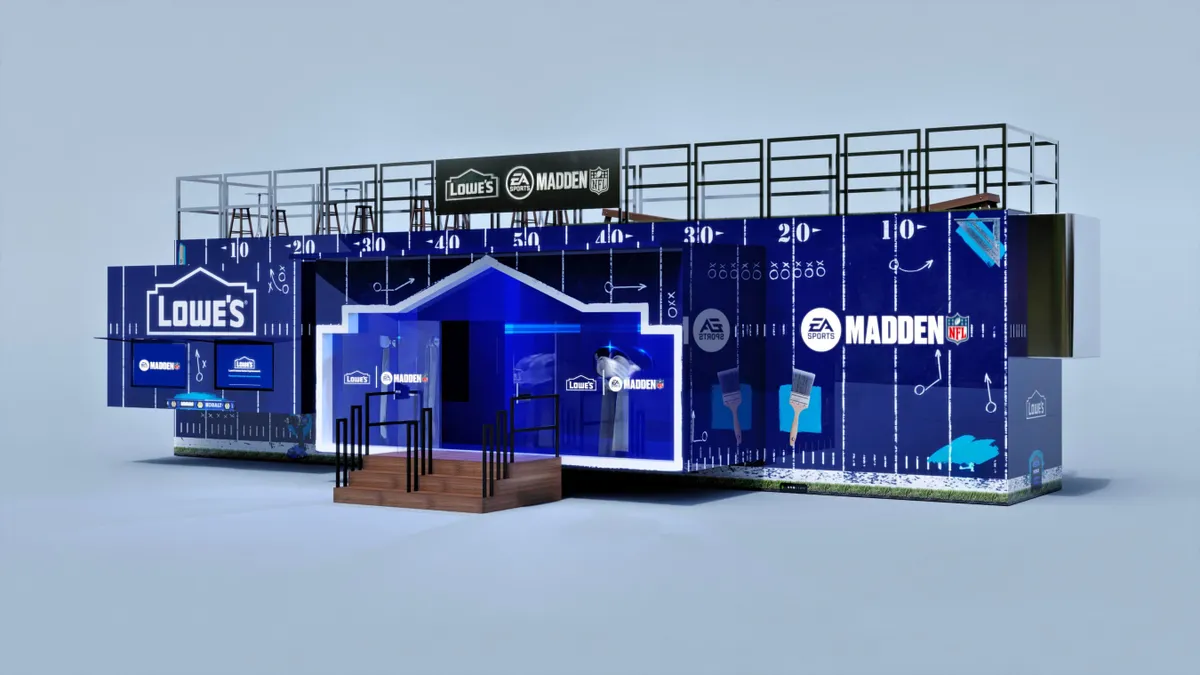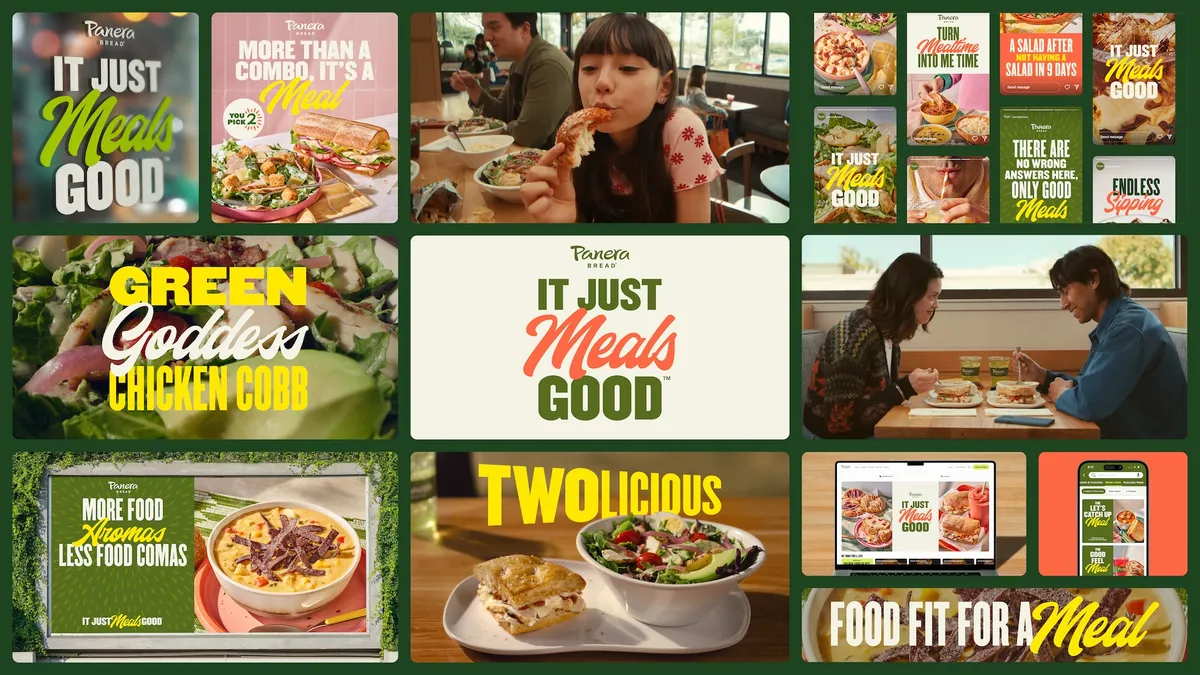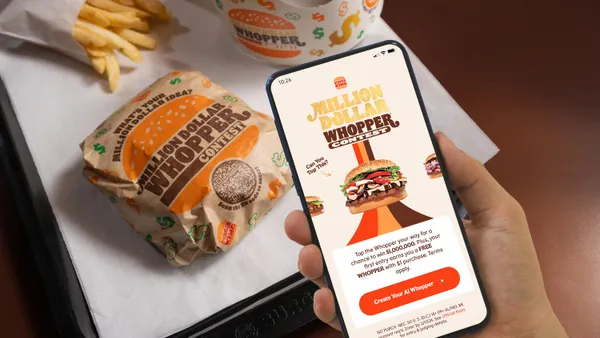Marriott International today debuts the largest full-funnel campaign in its 90-year history with a wide-spanning media play that covers channels including Amazon Fire TV, TikTok and Pinterest. It's not alone in hitting the gas on consumer-facing outreach: IHG Hotels & Resorts earlier this week appeared on buzzy chat app Clubhouse in what was billed as an "ASMR-style journey" promoting a year-long getaway contest. And Expedia Group's Hotels.com just rolled out a campaign that gives customers the chance to score a one-month Las Vegas residency in a riff on the "work from anywhere" trend that could be fading as regular office rituals resume.
A deluge of marketing from top hotel brands and booking platforms speaks to how the category is once again turning on spending spigots as the U.S. pandemic recovery continues apace and warm weather opens the floodgates for pent-up demand. Between January and May, impressions across travel advertisers were up 280% compared to the same period in 2020, when the industry cratered due to the imposition of lockdown measures, according to data from attribution platform TVSquared.
But the recent outpouring of campaigns also serve as an indicator of how travel marketers are taking different lessons away from the COVID-19 crisis. Messaging draws a deeper emotional bond to travel for viewers, while activations appear in the types of digital- and mobile-first environments that a wider range of people have adopted over the past 15 months. Part of this shift recognizes altered media consumption habits that could stick even amid a reopening, but marketers must also keep in mind that people have different comfort levels in returning to travel and may desire a more tailored approach. Seventy-three percent of consumers surveyed by Redpoint Global reported wanting more real-time communication from brands as they step back out into the world.
"There's a common theme that consumer travel will resume once herd immunity is achieved, when in reality, the travel surge isn't coming soon: it's happening now," John Nash, chief marketing officer at Redpoint, said over email. "While personalization was always a nice-to-have for the travel industry, COVID- 19 makes it a consumer need."
Moment to heal
In the current spate of travel campaigns — a trend that first started picking up serious traction in the spring — Marriott's is among the most substantial and indicative of how hotel brands are adjusting course following a year of battered business. The effort props up the Bonvoy rewards program introduced in 2019 that encompasses its portfolio of hotels.
"Travel has the power to shape our world … and make us whole again," voiceover says during an ebullient montage of people embracing in Marriot Bonvoy's new anthem spot "Where Can We Take You?" — a phrase that doubles as the brand's new tagline.
Themes of healing and unity underpin the broader "Power of Travel" campaign, which looks to serve as a balm to the isolation and shrunken spaces that defined pandemic life for many. Ads will air during the NBA Finals and "symbolically" around the global stage of the Olympics later this summer, per an announcement.
"[This] is a pivotal moment to recognize the importance of stretching out beyond our own small corners in an effort to better ourselves and society as a whole," Brian Povinelli, senior vice president of brand, loyalty and portfolio marketing at Marriott, said in a statement.
Marriott at the same time is billing the effort, which was directed by the duo Hoffman/Metoyer in conjunction with creative agency 72andSunny, as one marked by media firsts: The first native takeover of Amazon Fire TV, with photography spotlighting the Bonvoy portfolio; the first application of Pinterest's technology in out-of-home placements, with creative showcased at two storefronts and New York City's Soho neighborhood; a first-of-its-kind TikTok activation for a hospitality brand, part of Bonvoy's entrance to the video-sharing app favored by Gen Z; and first-to-market uses of streaming platforms by a North American hospitality brand.
On the latter front, Marriott is tying shoppable connected TV capabilities to mobile QR codes through Hulu Gateway Go, as well as experimenting with Hulu's Sequential Messaging product that strings together three related ads within a single viewing session. Marriott will also have custom block placements on HBO Max, which only just launched an ad-supported tier.
"This campaign arrives at a pivot moment following a year of isolation and as a result, society has become more insular. With this in mind, we sought to diversify our efforts — particularly in the digital and social space — and leverage innovation more than ever to meet consumers where they are in their travel journey," Povinelli said over email.
"Every media tactic is human at its core: from streaming and television efforts such as the Olympics — the world's biggest stage for global unity and connection, to social efforts designed as a way of bringing our members and guests into the story, seeking out their stories and making it personal," he added.
Putting the pandemic behind
Marriott isn't alone in acknowledging that streaming platforms and smartphones have enshrined their media dominance over the pandemic period. Rival IHG is promoting a new Department of Epic program that helps consumers recapture travel experiences lost to the pandemic on Clubhouse, which emerged as one of the hotter social apps during the pandemic. An audio soundscape simulated situations like a bustling hotel lobby, while a larger contest running on Instagram and Twitter uses a popular prompt format to engage people who have a strong sense of wanderlust following a homebound period.
IHG's contest promises the winner a year-long vacation where they can live "rent-free" at select properties and access a variety of perks, including a private car, robe collection and personal concierge. Similarly, Hotels.com is offering consumers the chance to become its first-ever "Hotel Resident" with a stay of up to a month at four locations on the Las Vegas strip. The booking platform is enticing people to apply by noting that the summer could be the last time that companies allow "work from anywhere" policies.
One factor notably absent from these efforts is the direct address to COVID-19 vaccines, which public health officials recommend people receive before traveling. It's another sign that travel marketers could be eager to leave the vestiges of the pandemic behind, but also an area where brands must tread carefully as wariness and safety concerns linger.
"It is highly likely that proof of vaccination or a recent negative COVID-19 test will be required by governments for anyone wanting to travel internationally for some time to come," said Hugh Aitken, vice president of flights at Skyscanner, in an emailed statement. "Clear, consistent and transparent communication about these new types of entry requirements will be essential for travel providers in order to provide a positive end-to-end experience for their customers."



